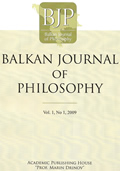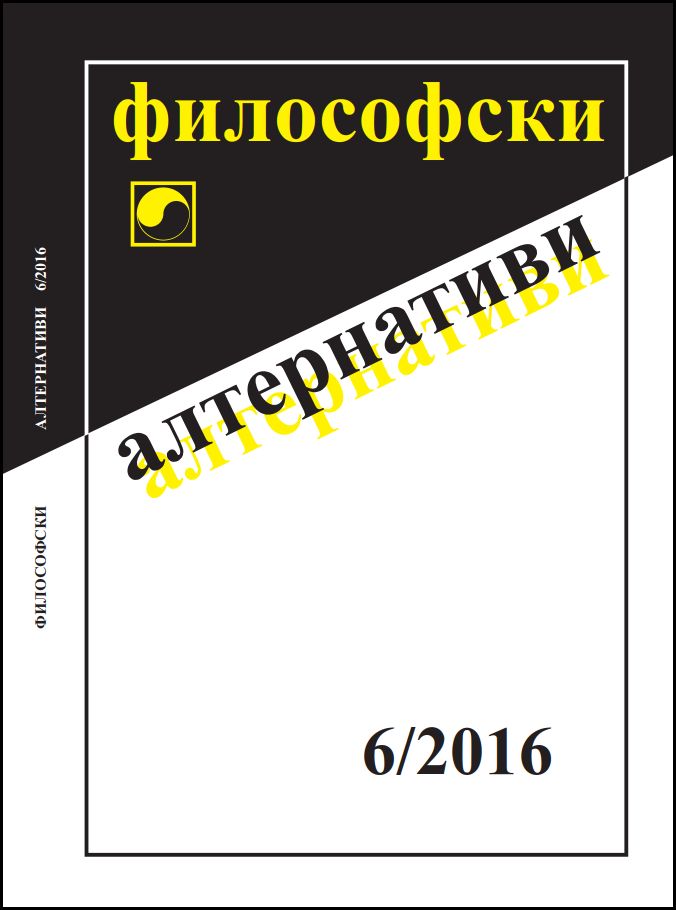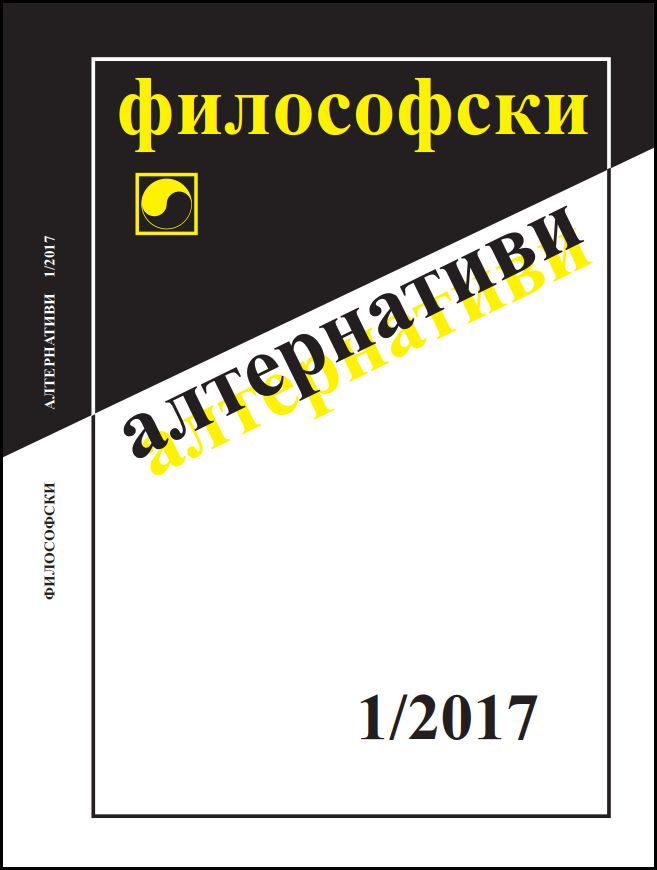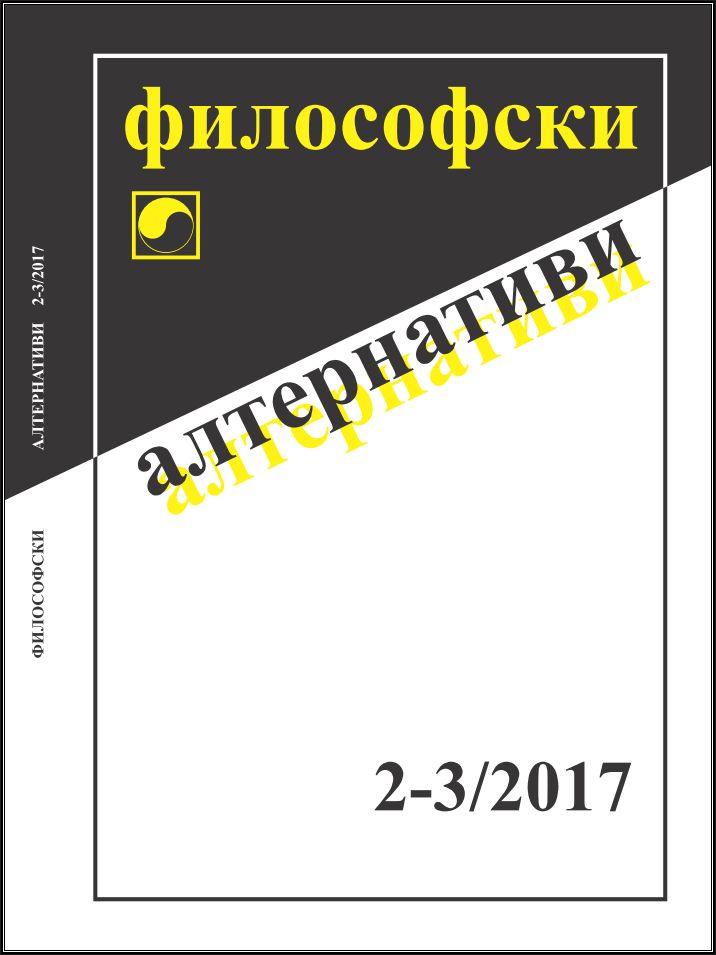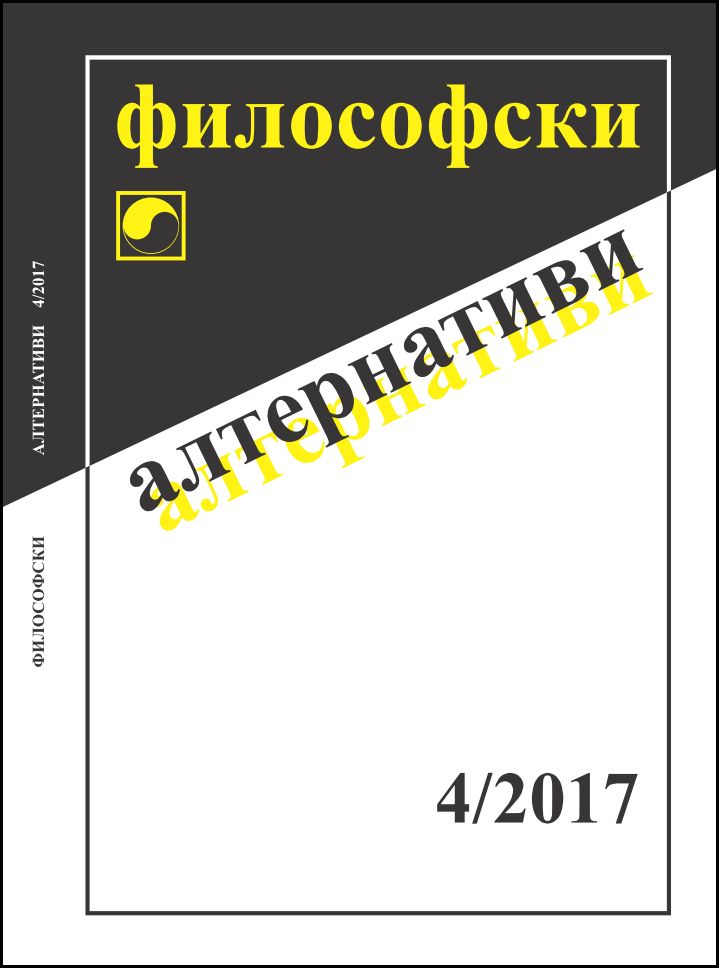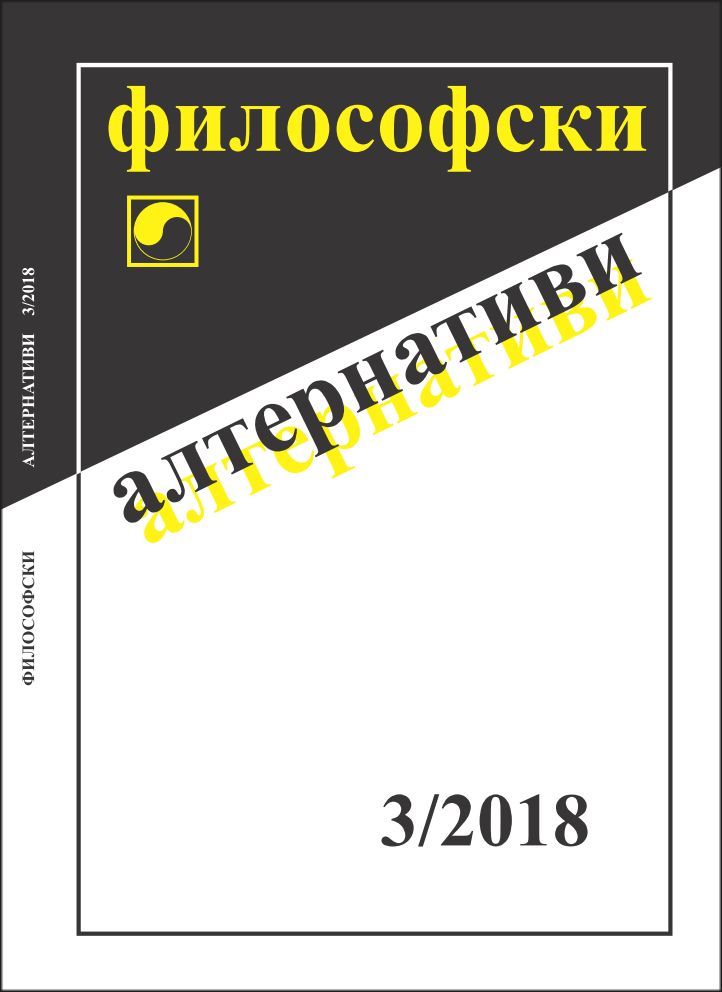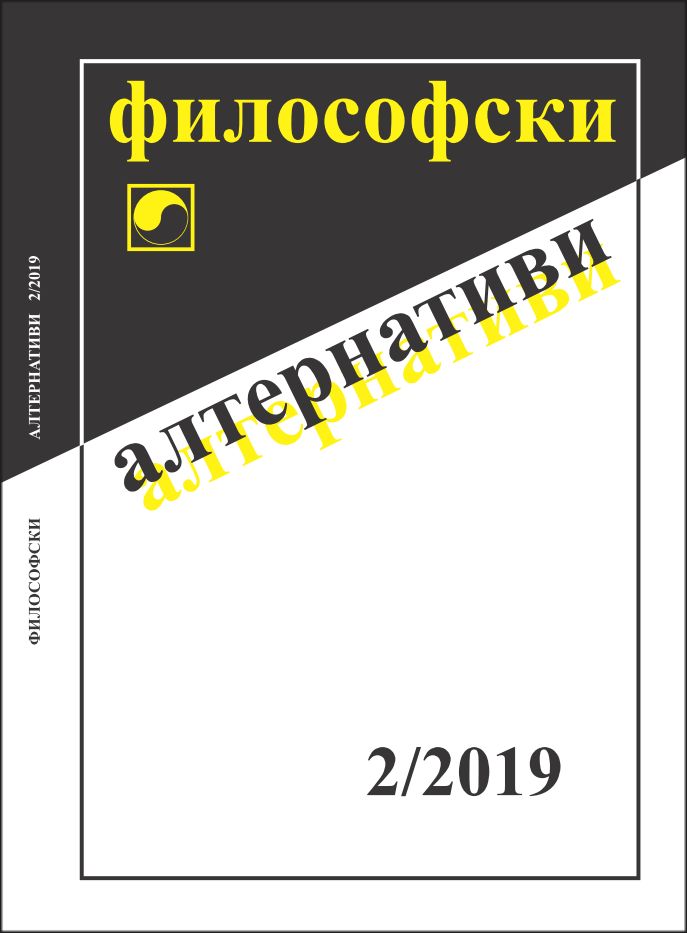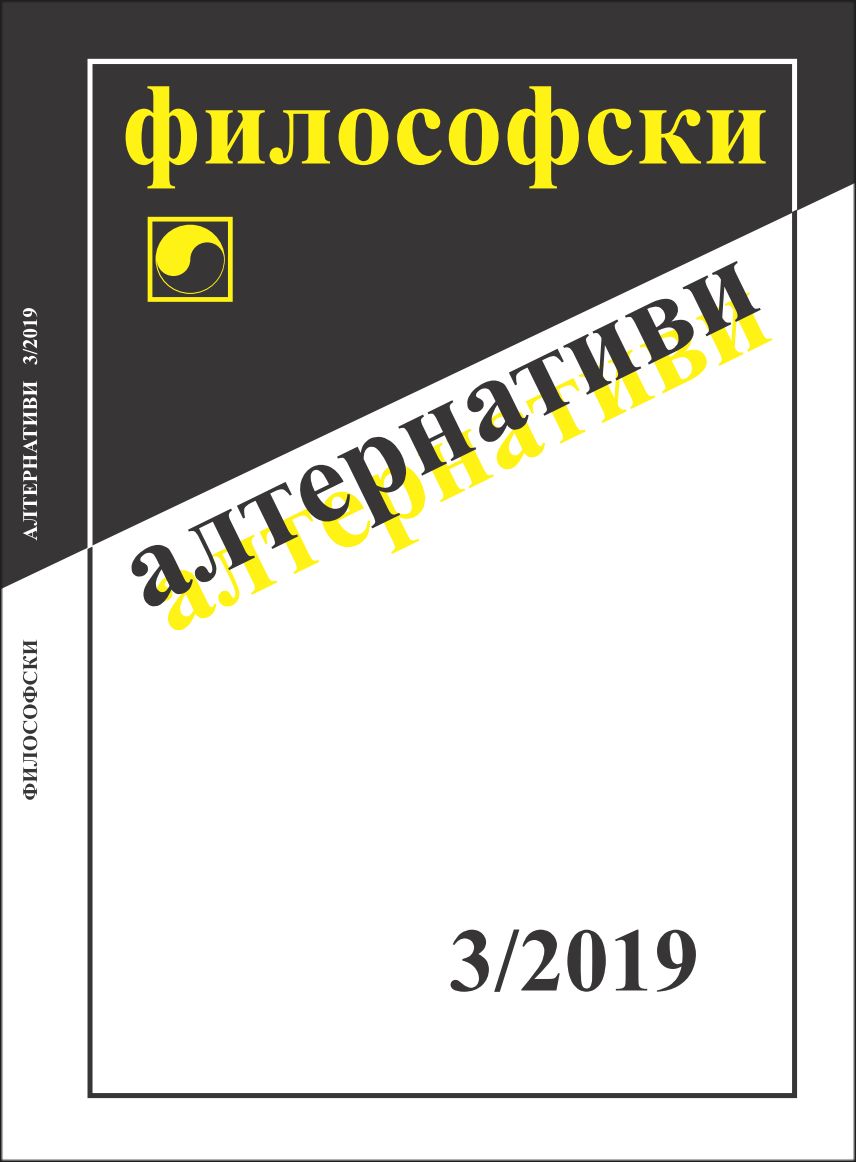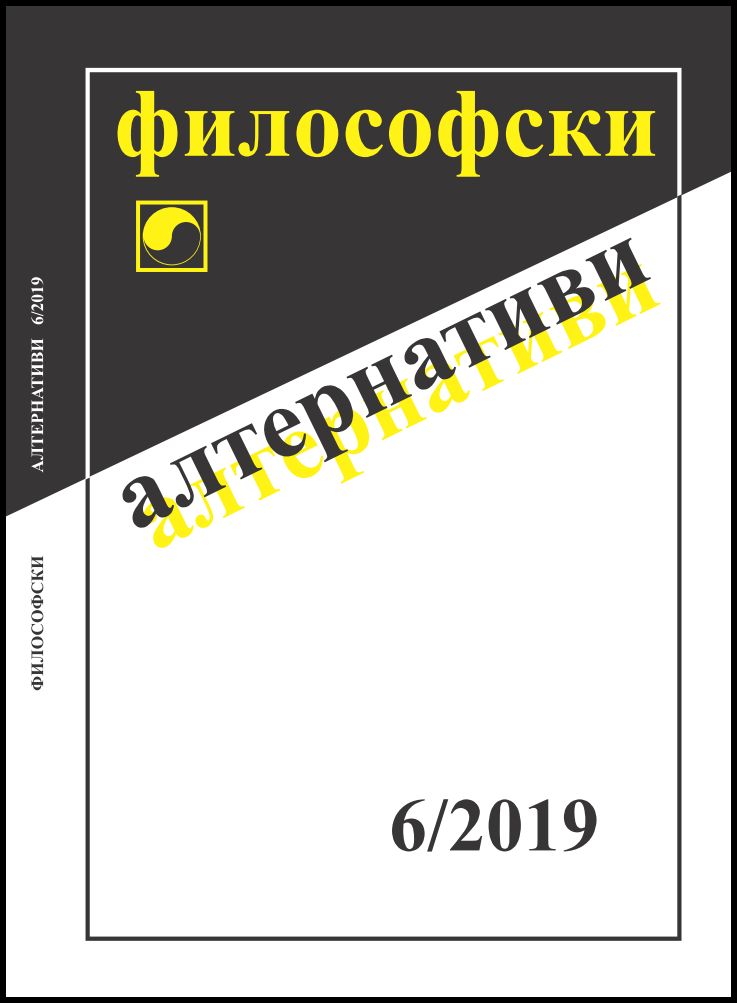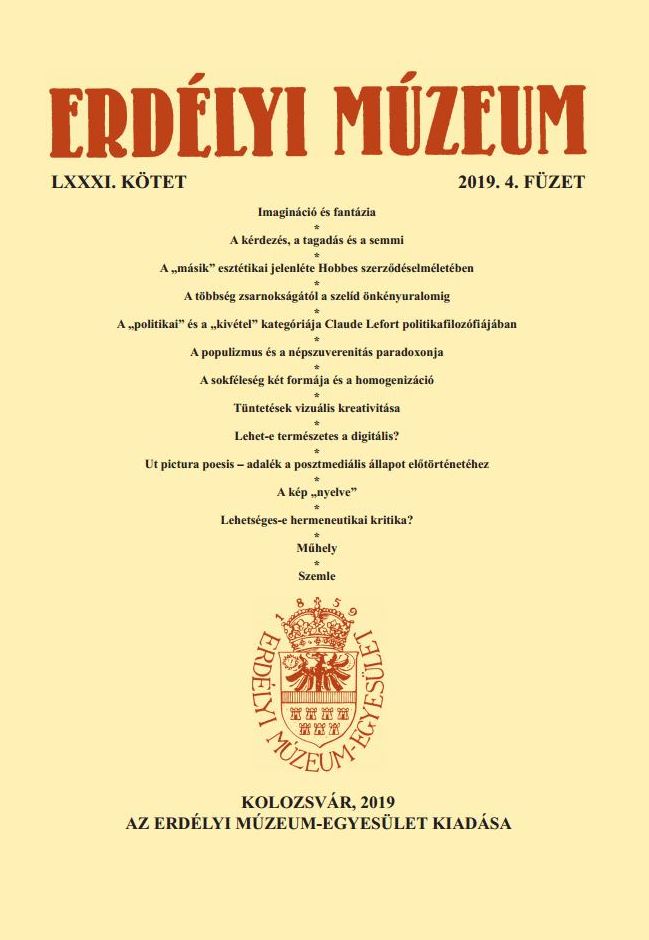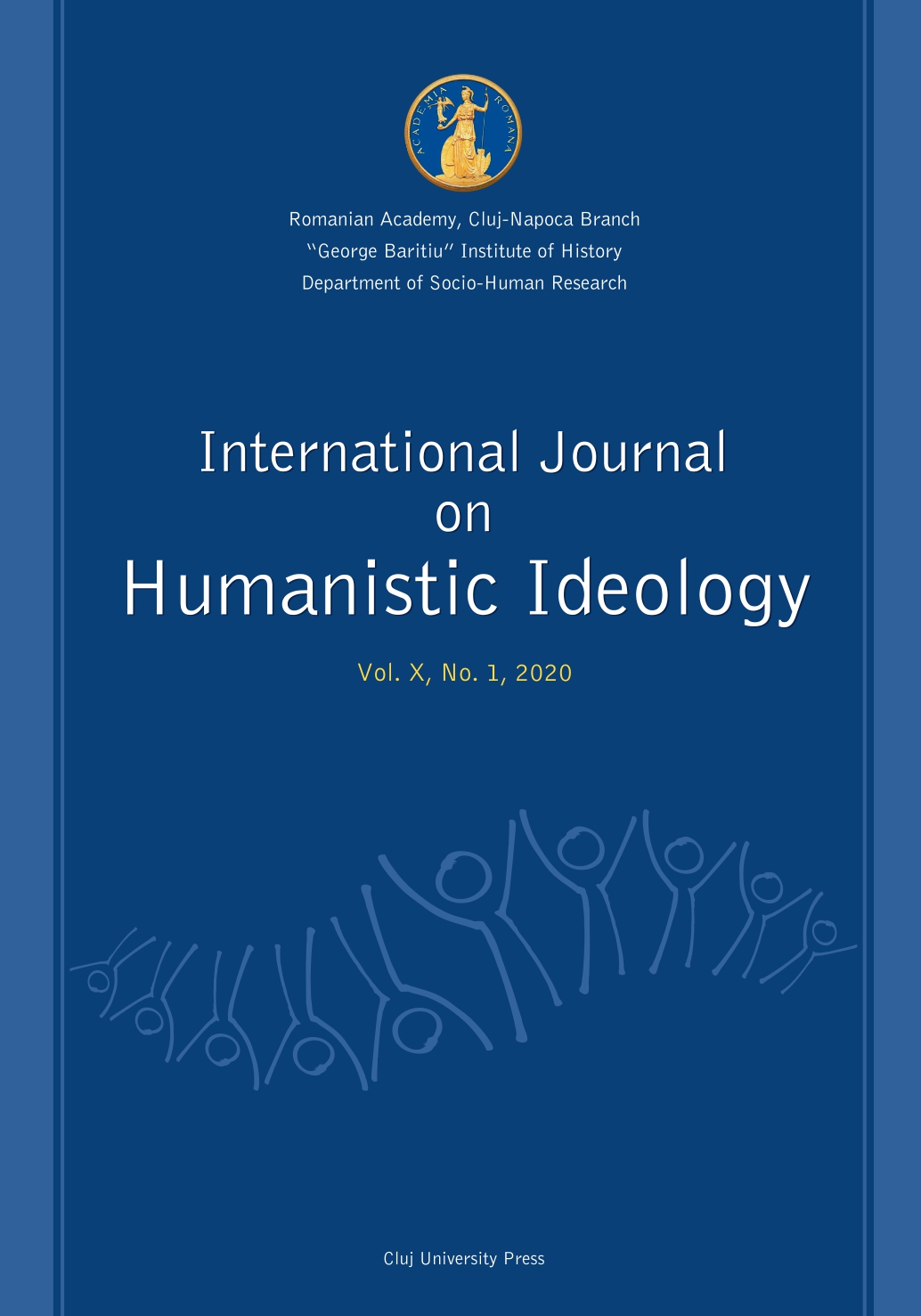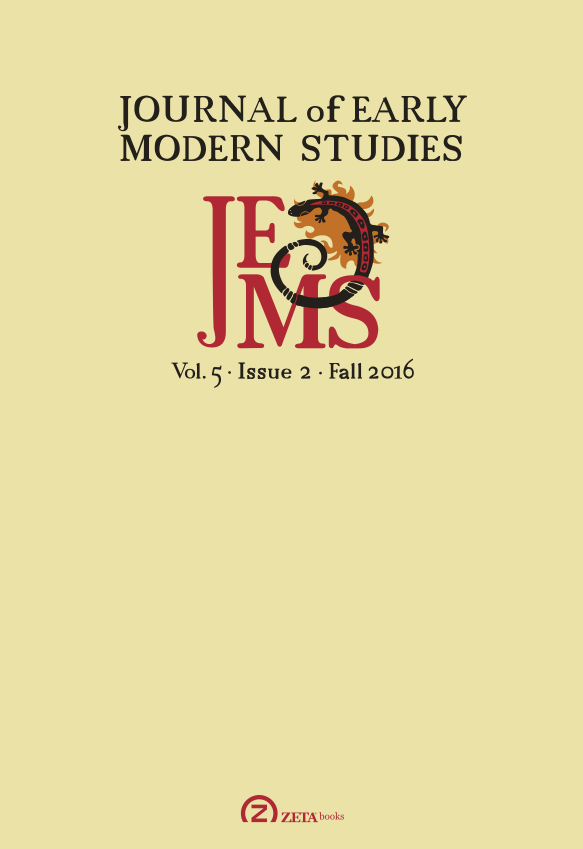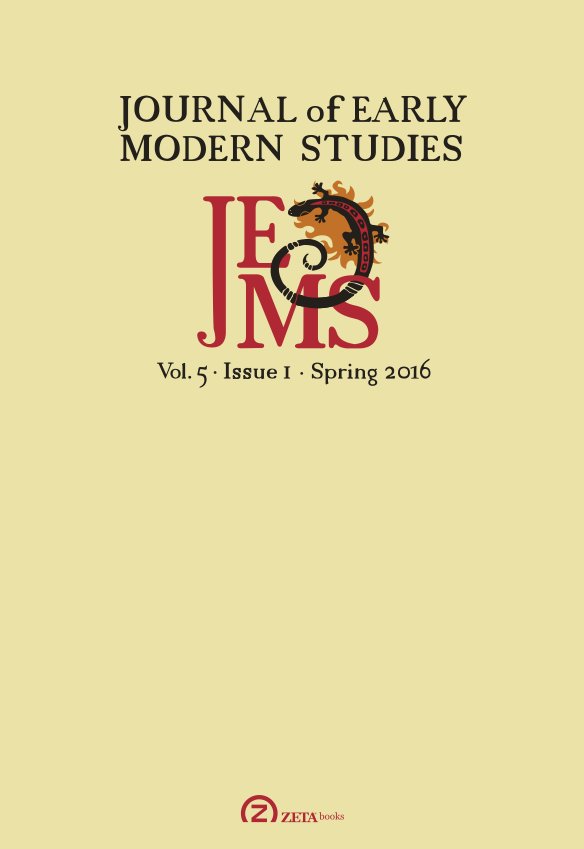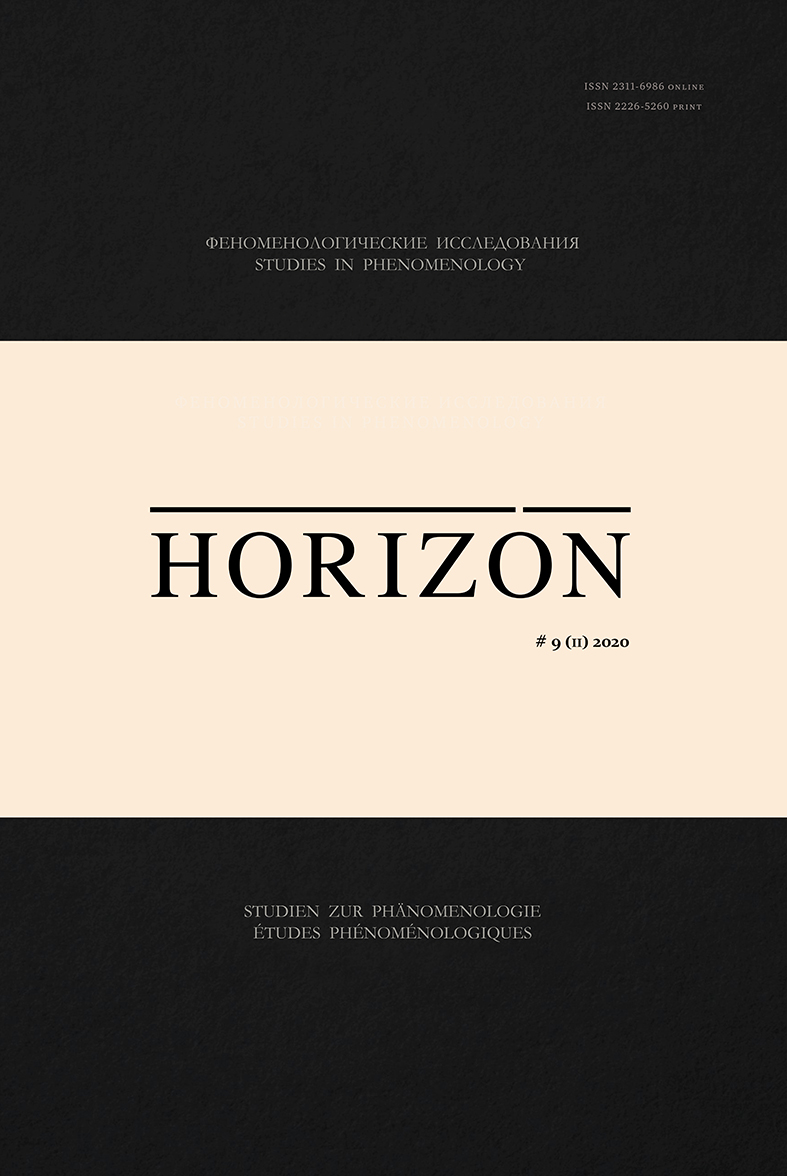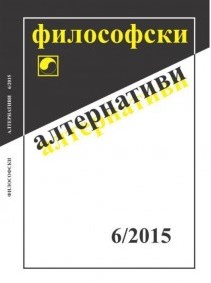
Еротичната валидност на истината като междуиндивиден феномен
This text attempts to clarify relations between love and truth, and the nature of that which is true – not in the sense of the truth about Being but as „the concept of truth in the intrasubjectivity of the existences“. The study is oriented to the late texts of Sartre and his attempts to deploy his ideas after Being and Nothingness. The article also draws parallels between objectivated and nonobjectivated fear and non-objectivated Eros searching for the relation between the non-objectivity of Eros and the erotic validity of the truth. The text goes no further than the interpretative level and is not focused on language prior to the object.
More...
